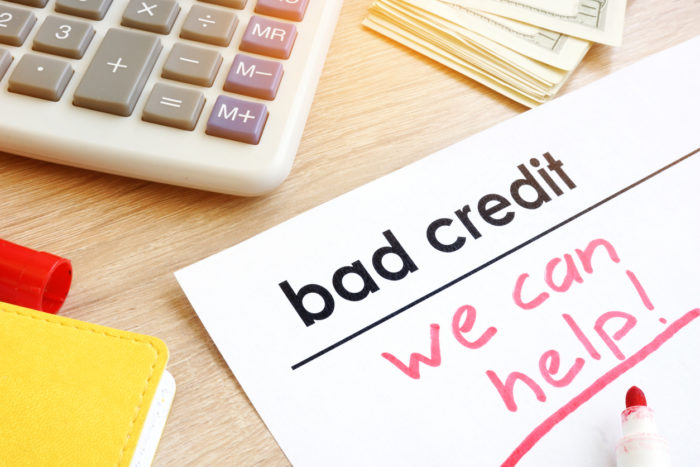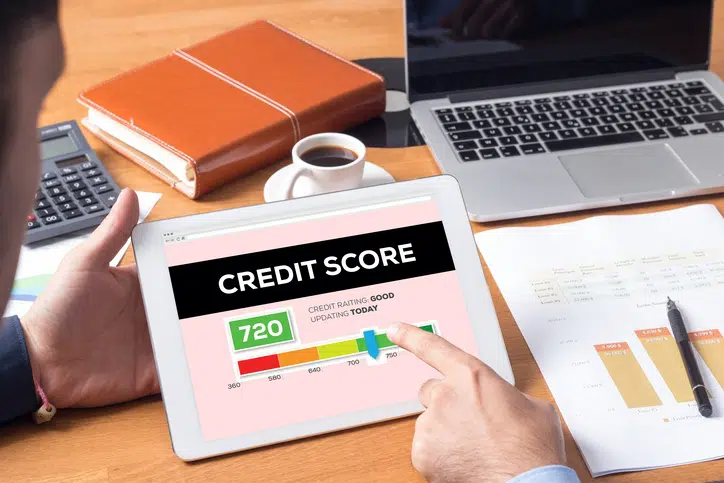
We have all recently been hearing so much about climate change. The current scenario does not seem to be good at all, and at last, the world-class economies have begun to ponder over new proposals to fight against global warming.
The evidence demonstrates that the global temperature is rising, posing a constant threat to the environment, thanks to human activities. Amid the concern about the rising sea levels and frequent heatwaves, climate activists are protesting to force the government to bring a policy to protect the environment. Still, the question is what we all can do in our everyday life to protect our environment.
Climate change affects everyone, and hence it becomes individual responsibility to adapt to an eco-friendly lifestyle. When you all say no to things damaging your environment, you will definitely not wait for the government to introduce reforms. Before you get to know how you can adopt an eco-friendly lifestyle, you need to understand a couple of things.
Zero-waste does not exist
First off, you need to get out of the notion that you need to be perfect. You do not need to beat yourself up if you have wasted something because it will probably add to your eco-anxiety if you overthink about that. Wastage happens; it is not a big deal.
However, you need to ensure that you do not keep wasting on and on at the same time. For instance, buy things based on your needs. If you stock up on, you will likely end up wasting a lot of things, which means a waste of money that you could have utilized for arranging down payment for used car finance in Ireland, for instance.
Build good habits
Have you ever realized that it takes hard for you to turn your good intentions into good habits? For instance, if you decide to carry your food container instead of asking for a takeaway, you will likely find it hard to carry it with you at the last moment because you are not habitual of doing so.
When you leave for your office, you grab your keys, phone, and wallet. You grab them on autopilot because that is your habit. If it is at the back of your mind to carry food with you, you should try to make it your habit.
It will be slightly tricky for a couple of days only. In the end, you will be able to save money on takeaways that you can put by for a rainy day. This will prevent you from chasing instant 24 hours loans to meet your regular expenses.
Living a minimalist lifestyle
A sustainable lifestyle generally means a minimalist lifestyle. You can embrace this lifestyle by not spending on needless things. This sort of lifestyle will prompt you to make the most of your money. For instance, you should buy clothes only when the old clothes are worn out.
Take the help of your parents or grandparents to know how not to overspend money on things you do not need at all. A minimalist lifestyle can genuinely help you tide over during financial emergencies. For instance, if you lose your job, you can avoid relying on unemployed loans to make ends meet.
What else can you do to live a sustainable life?
The three tips mentioned earlier are truly important to adapt to an eco-friendly lifestyle. However, there are a lot of other things in your everyday life that you need to focus on to live a greener life. Here are the sustainable ways for each sector, from fashion to travel.
Fashion
It is important to be trendy, and there is nothing wrong if you want to follow the latest fashion, but it does not make sense to throw away the clothes you bought a few months ago just because the trend has changed. Here are some ways how you can go greener with fashion:
1. Buy less
Shopping makes sense when you are actually in need of clothes. Doing it to boost your mood is simply illogical and a waste of money. You should try to embrace what is in your wardrobe. Try to wear clothes unless they are worn out. Buy them only when you need to replace worn-out clothes. You can also try to buy clothes from vintage stores. You can get some clothes at very affordable prices. There are some sites like eBay for shopping for second-hand things.
2. Look for eco-friendly materials
Not all materials are natural. Some clothes are made of artificial materials like polyester. You should prefer cotton over polyester. You will not only look good when you wear them, but you do not need to worry about microfibres that contaminate water when you wash them. To live a greener life, you will have to do artificial things. They do more harm than good. Be natural to live natural.
3. Learn to make do
As a minimalist lifestyle is a part of a greener life, you should learn to make do with things. If a button has ripped, you can sew it. You should learn how to hand sew and how to stitch a hole. By learning these DIY tips, you will be able to fix minor issues in your clothes and wear them again. You do not need to rush to the market to buy new clothes.
4. Bring worn-out clothes in some use
You do not need to throw away threadbare clothes. You can use them for several other purposes. For instance, you can make a dusting mop out of them. You can also make a bag out of your jeans. They can also fulfil the purpose of a hand towel to wipe wet hands while working in the kitchen.
Food
Food is also an important area where you need to change your ways. You do not realise that you spend a lot of money on food. You will have to change your eating habits to live an eco-friendly lifestyle.
1. Take plat-based diet
You do not need to be a complete vegan or vegetarian, but you should try to while down meat consumption. This will less contribute to green gases. Data suggests that meat accounts for 60% of greenhouse gases from food production.
It is more than twice the pollution produced from plant-based food production. The beef itself accounts for a quarter of the emission produced by growing food. By cutting down on the consumption of meat, you will definitely be contributing to your environment.
2. Support local food
If you are eating food shipped from other countries that will more likely harm the earth than food produced locally. You can eat those products once in a while, but you should try to support locally produced goods.
3. Eat seasonable food
Doctors often suggest eating seasonable fruits and vegetables. Of course, seasonal food comes with specific antioxidants that your body can absorb when you eat them in their respective seasons. However, it is also suggested because it helps protect the environment.
For instance, if you eat fruits or vegetables out of season, they must be coming from a greenhouse that uses massive resources to provide a fake atmosphere. To protect your environment, you should try to eat seasonable food.
4. Buy unpacked goods
By buying unpacked goods, you can save your environment from plastic. You should carry your own bag to the local market to put fruits and veggies. Buy loose tomatoes instead of a packed one. Plastic is mainly responsible for greenhouse emissions.
However, you can buy goods packed in cans because they do not emit as much pollution as plastics during recycling. The other reason to say no to plastic is not all types of plastics can be recycled.
Travel
There are some eco-friendly habits that you can develop when you are on the road.
1. How you are making a journey
You can use several types of transport when you are to go to a particular destination. The train seems to be a better alternative than flights because of fuel consumption.
Instead of using a car to your workplace, you can use a means of public transport. To cover short distances, you can walk on foot or ride a bicycle.
2. Be mindful about packing
You can use secondhand bags to pack your clothes and toiletry products. Try to pack as minimally as possible because it is better if you avoid accumulating plastic litter in another country. Try to keep things that you possibly need there. Make sure that you do not overstuff.
The bottom line
Adapting to an eco-friendly lifestyle can be pretty challenging, but you can develop greener habits if you stick to your plan. Instead of holding protests to expect the government to introduce reforms, you all should understand it as an individual responsibility.
You should think about how you can bring changes to your habits to protect the environment. When you understand your individual responsibility, you will not need to hold protests.





